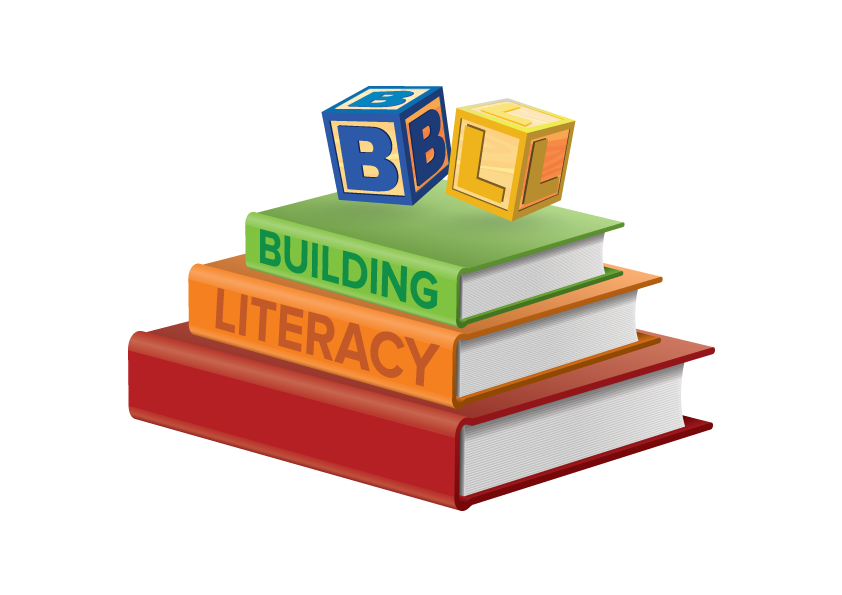The term “coaching” in education, primarily focuses on improving student learning outcomes through driving improvement in educators by building capacity and content knowledge in a specific subject area.
What is coaching?
Coaching is regarded as a highly effective form of professional learning. According to recent research, coaching has proved to be an effective practice to drive continuous improvement in educators, which in turn, results in improved learning outcomes for children.
“Coaches provide planned and ongoing point-of-need support, guiding and assisting teachers to progress in their professional learning to build their own capacity” (Coaching Teachers in Effective Instruction, p2)
There are many coaching frameworks to underpin the work of a coach. In 2010, the Department of Education and Training (DET) produced The Coaching Handbook, Coaching Teachers in Effective Instruction and it identified six core elements to support the work of a coach they are :
- Professional Relationships
- Data and Evidence
- Substantive Conversation
- Purposeful Instruction
- School Improvement
- Self Development
Within the six core elements, core capabilities are defined. These are based on learnable skills and understandings that coaches focus on developing and refining for their own continuous improvement. Strong disciplinary and pedagogical content knowledge are essential in order to be an effective coach and drive continuous improvement in educators.
The benefits of professional development and coaching sessions to build teachers’ ability and confidence to explicitly focus on oral language and pre literacy skills have a direct correlation with improved literacy learning outcomes in the early years.
A summary of findings into the effectiveness of coaching and current practices produced by the Hay Group (2013) on behalf of the Australian Institute for Teaching and School Leadership (AITSL) have acknowledged there are a range of frameworks and coaching models that are used across different sectors, however they have identified seven common themes from successful coaching models. The coaching programs in an education setting have identified the following themes:
- Centre on the teacher as learner, in the broader context of ultimately improving student outcomes
- Recognise that coaching involves a teacher going through a process of change
- Integrate adult learning principles
- Identify a goal or future state to move towards, which should be based on a shared understanding of what good teaching looks like
- Proceed through learner-lead exploration of issues to build capacity rather than counselling mentoring or teaching by instruction
- Take a systematic approach which provides a frame for the conversation, while maintaining flexibility
- Be seen as a continuous, collaborative process, not a one-off conversation
What is mentoring?
The term “mentoring” in education, primarily focuses on an experienced teacher supporting a less experienced teacher who is new to the teaching profession. According to the Department of Education (DET) (2016) The term mentor describes “A knowledgeable, experienced, highly proficient teacher who works with and alongside a beginning teacher or less experienced colleague – quite closely at first but this gradually diminishes as the new teacher becomes more capable and confident. A mentor is not an instructor and a beginning teacher is not a student he or she is a colleague”
Mentoring focuses on supporting, listening, sharing ideas, offering guidance and advice in a wide range of topics. The research on the need for mentors in education is clear and concise. Having regular and consistent access to a mentor is vitally important to a new teacher’s development while they are establishing themselves as beginning teachers. A mentor teacher will support a beginning teacher through the professional learning cycle
A mentoring framework is based on Four Cs. They are:
- Clarifying 2. Consulting 3. Collaborating 4. Coaching
A mentor teacher plays a pivotal role in supporting a beginning teacher with their Victorian Institute of Teaching (VIT) full registration of a Proficient Teacher in their first year of teaching. As well as support with understanding.
In the early childhood sector a mentor teacher will support a beginning teacher with many facets of teaching including understanding policies and practices such as the Australian Institute Teaching and School Leadership (AITSL) standards and how this translates with learning frameworks used in Victoria such as the VEYLDF and the EYLF. In a school setting, in Victoria learning frameworks such as AusVELS and the Australian Curriculum .
We understand the importance a coach or mentor can play (and have experienced first hand the benefits of being coached and mentored as well as mentoring and coaching) in the development of educators. In particular, at Building Literacy we believe in the importance of building understandings, skills and confidence in literacy development in educators in order to teach and prepare children in skills and knowledge that build literacy readiness in the early years.
We can provide a wide range of services to suit or match your needs, please contact us to discuss your inquires further.
Frameworks and funding
At Building Literacy, we will work collaboratively to identify key learning outcomes to tailor workshops to meet your centre’s needs based on your Quality Improvement Plan (QIP) in accordance with the Australian Children’s Education and Care Quality Authority (ACECQA) and the National Quality Framework and National Quality Standards.
Building Literacy can support you and your staff to build continuous improvement in learning outcomes, principles and practice in accordance with the Early Years Learning Framework.
We align our practices with current and up to date evidence based research, best practice teaching and learning, current initiatives, programs and essential curriculum documentation, frameworks and policies at a national, state, region and centre based level.
Contact us for more information about how we can grow your educators, and your students.



